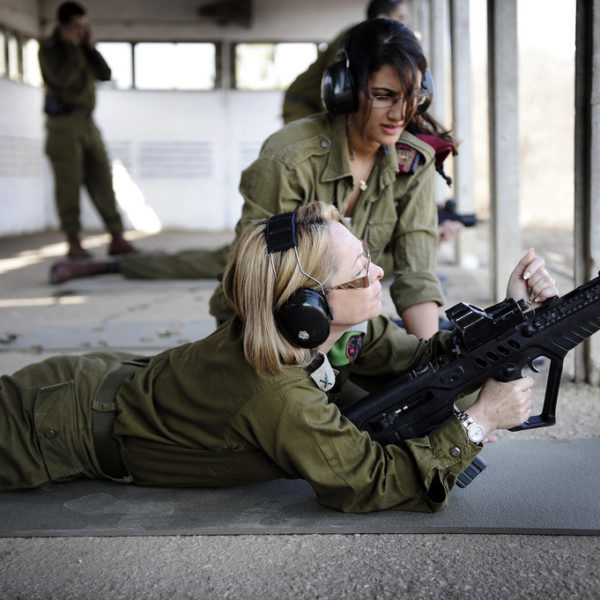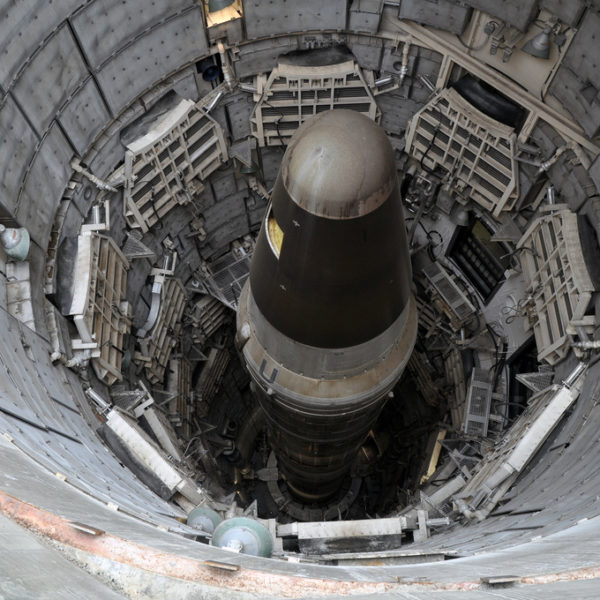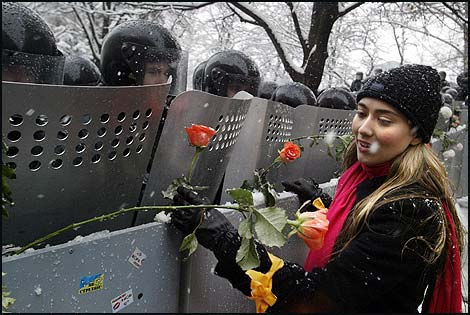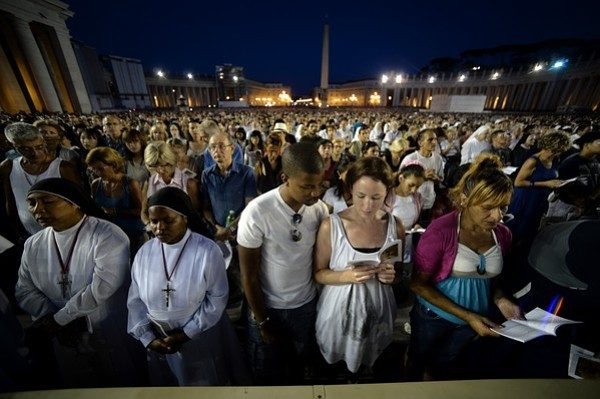
When Israel launched Operation Protective Edge in response to cross-border terrorist rocket-fire, European (see here and here) and US leaders endorsed their claim to have just cause. But were they right to do so? Do the on-going attacks conform to just war criteria? These are separate questions; both are important. We seek to address these issues from the perspectives of international law and Catholic theological ethics.

Later Calvinist texts, like the famous Vindiciae, Contra Tyrannos, would go further than the Reformer and claim natural law defenses for resistance.[1] I want to contend that Calvin’s principles provided a basis for this kind of argument, even though Calvin did not take this route in his own thinking. And the place to begin this line of argument, I think, is with his comments on the sixth commandment.

….Because war’s constituent ingredients are killing and/or physical harm, and because, in Childress’ argument, those two things are “intrinsically prima facie wrong” because of the prima facie obligation of nonmaleficence, war itself is prima facie wrong. Therefore, for Childress – and those who follow him – just war theory has evolved out of the need to justify the overriding of nonmaleficence but begins with the presupposition of war’s prima facie wrongness.

“Those who espouse the Just War ethic must continually be ready to review the premise of the theory- the conviction that lethal force merits moral support.” At times throughout history certain advancements have caused ethicists to reconsider and revise their views on Just War. This includes military developments from the Trojan Horse to the catapult; the bayonet to nuclear bombs; chemical weapons to women as combatants.

Back in September, I suggested that the current literature on just intelligence theory may be unduly influenced by jus contra bellum thinking; that is, a strain popular among the more pacifistic elements of just war thinkers which tends to elevate either the jus in bello principles (i.e. immunity of noncombatants from direct attack and micro-proportionality) or the prudential ad bellum criteria (i.e. last resort, macro-proportionality, probability of success) over the traditionally-prior, deontological categories of sovereign authority, just cause and right intention.

NATO’s humanitarian war in Kosovo in 1999 provides the context for the central idea of this book. In that conflict, the puzzling linkage between the desire to advance human rights and military means raises far-reaching questions about the role of rights in shaping international wars. Is it possible to understand or explain wars as an outcome of perceptions of rights? How did rights, be they divine rights in the Middle Ages, territorial rights in the eighteenth century, or human rights today, become something that people are willing to fight and die for?

Last night in his second national address on the global response to the use of chemical weapons in Syria, President Obama asserted: “If we fail to act, the Assad regime will see no reason to stop using chemical weapons. . . . As the ban against these weapons erodes, other tyrants will have no reason to think twice about acquiring poison gas and using them.”
By Nicole L. Johnson
In response to changing political and cultural realities over the past several decades, the United Methodist Church has come to embrace various positions on the subject of war and peace. The denomination’s Book of Discipline makes evident a certain doctrinal pluralism on these topics and their related issues and questions. Textual analysis of the Discipline in order to discover the evolution of current teachings on war and peace (which one would likely never do unless, like me, one undertook such a project as part of one’s doctoral dissertation) reveals a doctrinal tradition that has come to include, for example, a Social Principles statement on “War and Peace” in which war is defined as “incompatible with the teachings and example of Christ” and is therefore to be “reject[ed] as an instrument of national foreign policy” while simultaneously recognizing in the statement on “Military Service” the “many Christians” who believe that war is acceptable in some situations and offering respect and support for those “who conscientiously choose to serve in the armed forces.”

